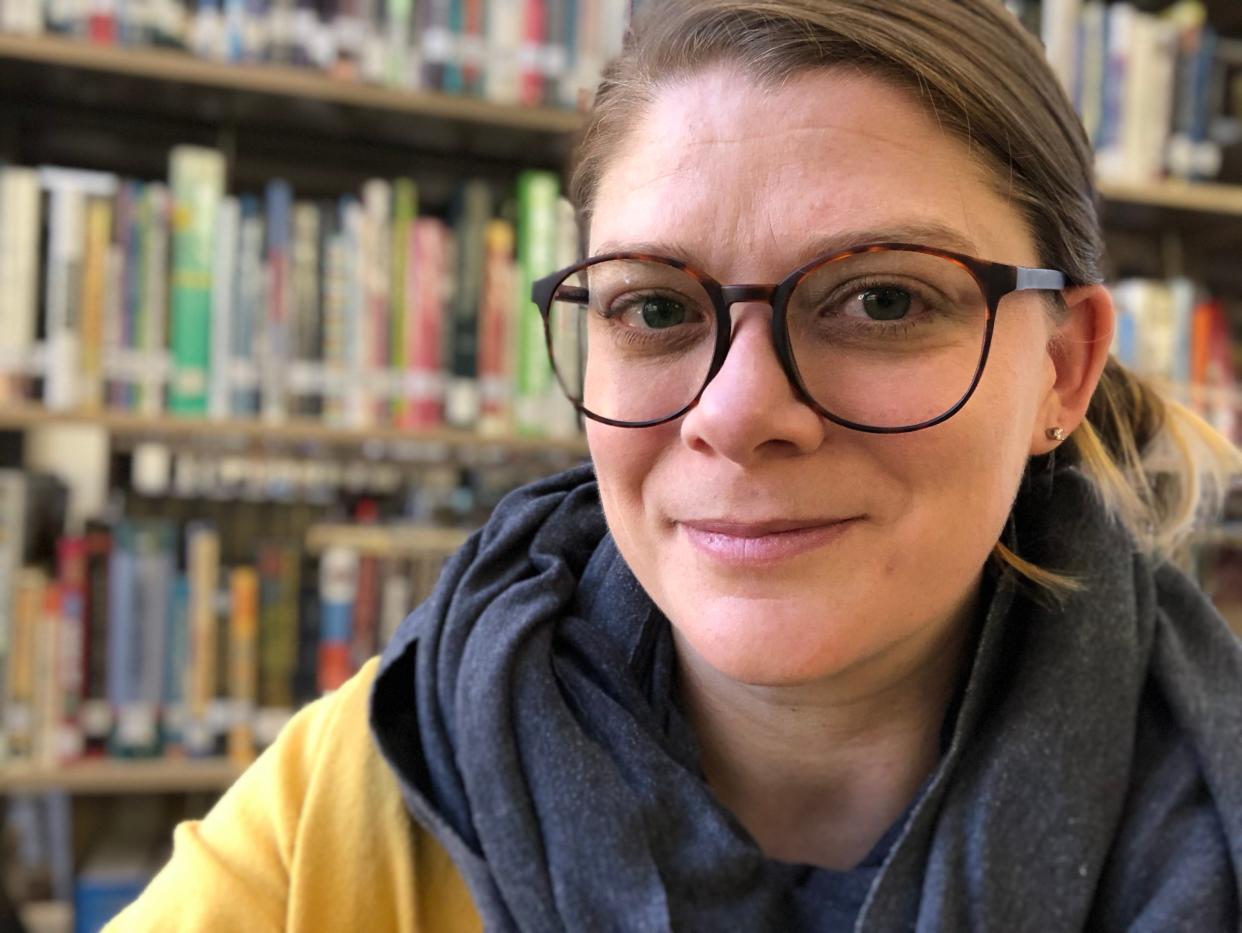Opinion: Undervaluing public education, underfunding positions reason for crisis

I was in 11th grade when I first considered becoming a teacher. I received the NC Teaching Fellows scholarship and went to UNCA upon graduation, where I was essentially a double major in English and Education. When I got my first full-time position at TC Roberson in 2006, I was excited, very well educated and experienced thanks to the Teaching Fellows program, and good at my job.
But teaching was hard, and I wasn't being compensated in a way that was sustainable. I spent a month in 2010 tracking my actual working hours, both in and out of the school building; I was paid $8.14 an hour during that span, far less than I made at my part-time job. Additionally, our salaries had been frozen for several years during the recession, and there was no indication it would ever recoup. When I decided to go to Chapel Hill to get my master's degree in library science, I had no intention of coming back to public education. But it took less than two months of being in a student desk instead of a teacher role for me to remember why I liked working in schools and to sign up for the introduction to school libraries class for my second semester. Perhaps I would find my way back.
Now, more than 10 years after deciding to come back and with 15 years of experience, I often consider leaving public education again, and I hear regularly from colleagues who feel the same way. There are so many issues that need to be addressed to make working in schools sustainable for all employees, but the crux of the problem is that we've built a society that depends on public education in order to function at a basic level while simultaneously and systematically undervaluing our entire public education system for decades by underpaying workers and underfunding our districts.
To be clear, I didn’t get into education to get rich.
But my passion, love for students and learning, and enjoyment of my community are being exploited. The assumption is made that I will continue to cheaply give my labor and nothing else must be done to retain my skills and expertise or that of my colleagues because we have passion, love, and enjoyment. This is a compounding problem. North Carolina has not made working in public education enticing to anyone for a number of reasons, not least of which is low starting pay, so very few are entering the field at all. Many of us currently employed in schools are leaving or planning to leave in the near future, especially because of a lack of increased pay over time and experience.
The undervaluing of public education also comes in the form of cutting or inadequately funding necessary positions and a lack of understanding of just how many services public schools provide to students. Those with direct contact with students every day have increasing responsibilities due to a lack of funding for positions in areas like social work, where social workers have caseloads in the thousands, libraries, where librarians have to skip their literacy work to fix computers instead, or cafeterias, where three people feed hundreds.
We're in crisis. We're not about to be in crisis. We are already living in it.
It’s difficult to fully quantify what a pay increase across the board would do, especially coming from someone who has been conditioned to believe that I’m not in it for the money. But the truth is that I am. We all are because we have to be. My 8-year-old vehicle needs repairs to get the air conditioning working for the summer, but it’s a cost that my family cannot prioritize right now. BCS employees across the board make sacrifices like this at the current rates of pay. While the Board of Education and good educators can agree that students are our first priority, there is a direct line from teachers' overall wellness to students’ learning. If student learning is the biggest priority for Buncombe County Schools, then it’s time to spend the money on the people doing the direct work with the students.
A major change needs to be made at the state level to address the learning needs of our students and disrupt this crisis before it’s irreversible, but Buncombe County has the opportunity to get ahead of it while the rest of the state will be scrambling to catch up.
The working conditions in our buildings are the learning conditions for our students.
Laina Stapleton is a librarian at Erwin High School and has lived in Asheville for more than 20 years.
This article originally appeared on Asheville Citizen Times: Opinion: Undervaluing public education, underfunding cause for crisis

